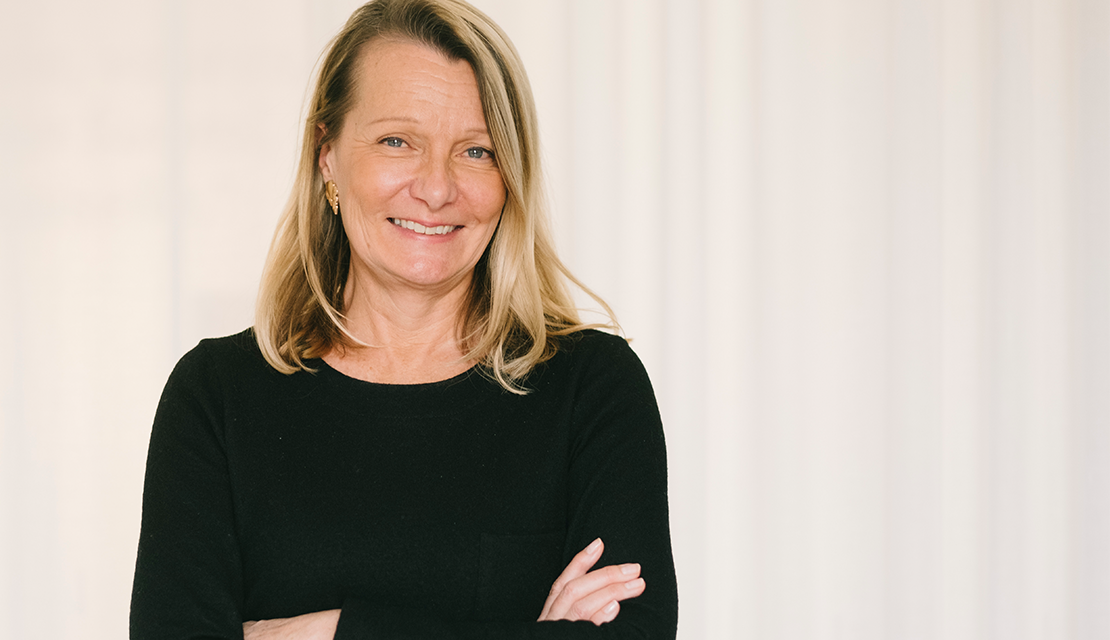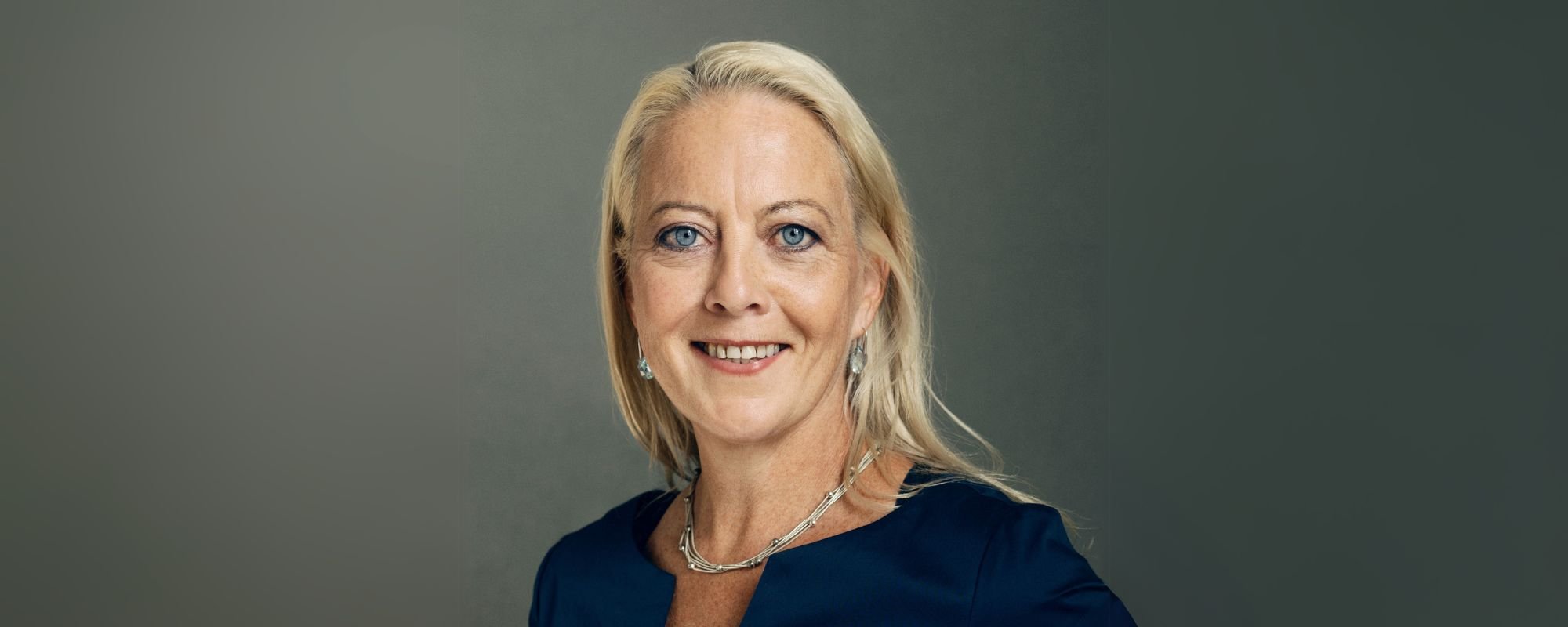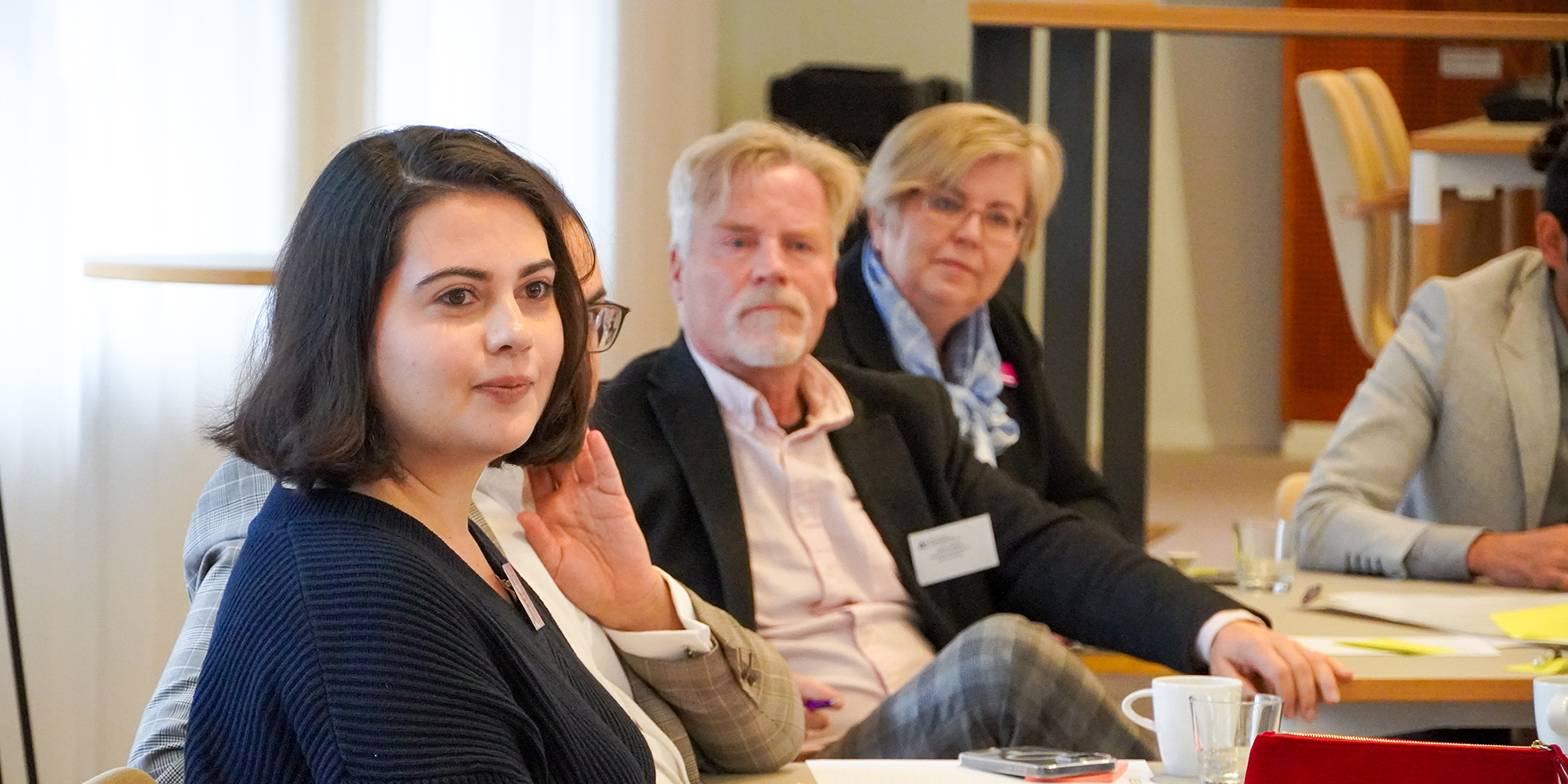“CSR is not a just an obligation, it is an immense opportunity,” underlines Secretary General of Global Compact Finland, Lenita Toivakka.
The UN Global Compact is the world’s largest corporate social responsibility initiative. It encourages businesses worldwide to promote human rights and good labor conditions, protect the environment and prevent bribery.
Marching order is irrelevant
Toivakka names two common misconceptions regarding CSR. The first fallacy is that CSR is a passing phenomenon.
“Responsible business is not a trend. CSR will be – or perhaps already is – a prerequisite to doing business,” Toivakka affirms.
The other misconception is that things must be done in a certain order. If a company starts out with only goals but no concrete success to show, talk quickly turns to greenwashing.
Responsible business is not a trend. CSR will be – or perhaps already is – a prerequisite to doing business.”
“In Sweden many companies first communicate their targets and then start advancing things. In Finland many companies wish to first achieve measurable results before saying a thing about their CSR,” Toivakka notes.
“I would rather speak about different ways of advancing. There is no point in accusing a company of having the wrong marching order. If they don’t hold their promises, that is naturally wrong,” she says.
Peer support and business opportunities
Toivakka made a long career in politics as a minister and member of the Finnish parliament, and as an entrepreneur in her family business. Before starting her job as Secretary General of Global Compact Finland on 1.1.2020, she participated in an Aalto PRO training program: Competitive Advantage from CSR.
“Nordic countries already had their own Global Compact network, but things were led largely from the UN headquarters in New York. A few years ago, the UN decided to start advancing a national network for each Nordic country. In Finland operations commenced in the beginning of 2020 in collaboration with Finland Chamber of Commerce,” Toivakka explains.
At present, Global Compact operates in 166 countries and has over 13 000 companies and organizations as its members. From Finland there are currently over 90 company members.
“Member companies gain a significant number of tools for CSR work through Global Compact, and an international network, in which they can discuss and share best practices. The network advances CSR development in Finland and helps promote Finnish know-how abroad,” Toivakka describes.
“We also aim to support collaboration and business opportunities arising within the network,” Toivakka emphasizes.
There is no shortcut
The world is full of examples of companies gaining far more than peace of mind and improved reputation from CSR: small agile companies basing their entire business on circular economy, companies in the process of becoming international for which committing to Global Compact’s principles has opened doors and new business opportunities, and well-known large companies that have reaped considerable cost savings with CSR.
The benefits of CSR are incontestable. New business opportunities can be found even in very traditional fields."
”The benefits of CSR are incontestable. New business opportunities can be found even in very traditional fields. Utilizing production waste is a good example,” Toivakka remarks.
Toivakka reminds that there is no shortcut to corporate social responsibility.
”Achieving measurable results requires that a company meticulously goes through all current operations before setting goals, and incorporates corporate social responsibility into the company strategy,” she says.
CSR affects companies of all sizes
Today, many companies have a very comprehensive outlook of CSR. A product’s entire lifecycle is considered when evaluating environmental impact, and in supply chains the responsibility of the complete subcontracting chain is assessed.
“Recently I have had many contacts from Finnish companies considering ways to advance labor conditions and human rights in their subcontracting chains. Finnish companies have achieved marvelous results with their environmental efforts, but here too there is much work still to be done and a great deal of business opportunities in slowing down climate change and adjusting to it,” Toivakka points out.
In Finland large companies in particular have excelled in CSR. Toivakka hopes to see corporate social responsibility thinking gain more momentum in small and medium sized companies as well.
“If we want to see more companies voluntarily committing to CSR work, it is crucial that they themselves identify what is relevant for their business,” Toivakka states.
“Global Compact offers a framework for CSR, with globally recognized principles – as well as a network, support and learning platforms for developing responsible business,” says Toivakka.
In Aalto PRO's program you can turn responsible business into a strategic tool for improving your company's competitive edge. Among other issues, you will learn about the economic, social and environmental responsibility of companies, risk management and insurance, and the measurement and reporting of corporate responsibility. The program is held in Finnish. Read more about "Kilpailuetua vastuullisuudesta" program.





















